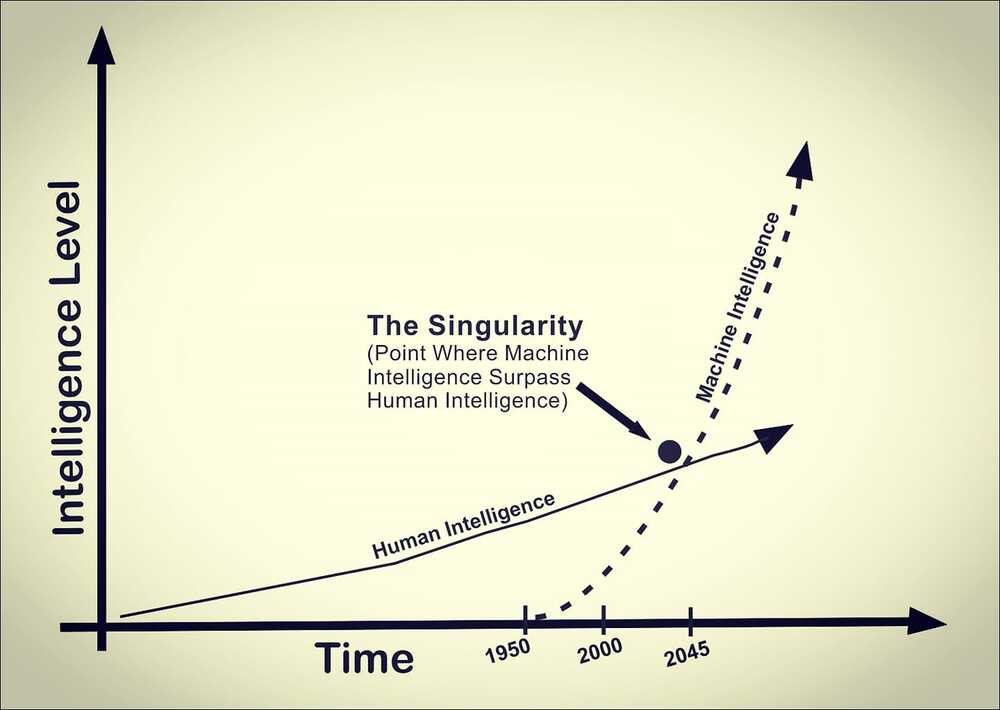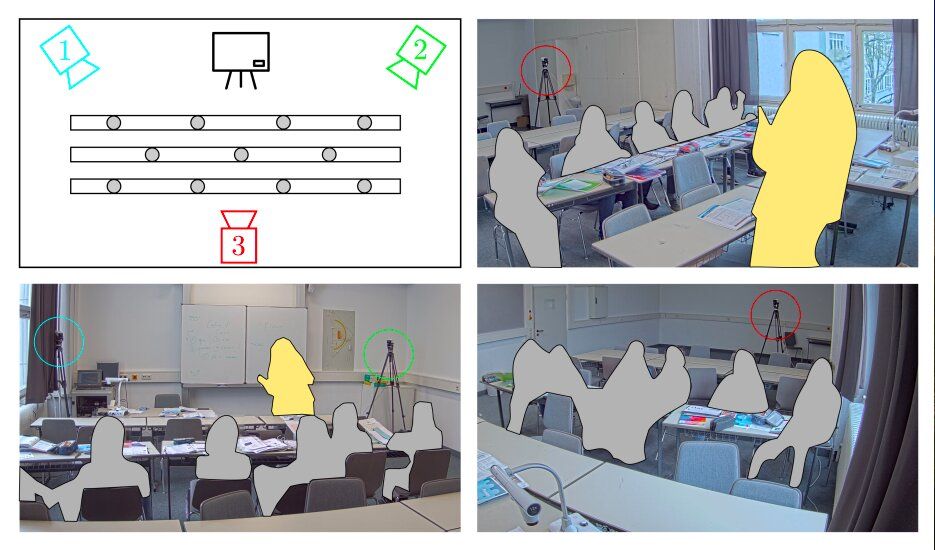The task of creating effective deep learning models has become too much of a challenge for humans to tackle alone.
Archive for the ‘robotics/AI’ category: Page 1557
Jan 30, 2021
How an Israeli Startup Is Using AI to Help People Make Babies
Posted by Dan Lovy in categories: biotech/medical, information science, robotics/AI
But the human eye can only see so much, even with the help of a microscope; despite embryologists’ efforts to select the “best” embryo, success rates are still relatively low. “Many decisions are based on gut feeling or personal experience,” said Embryonics founder and CEO Yael Gold-Zamir. “Even if you go to the same IVF center, two experts can give you different opinions on the same embryo.”
This is where Embryonics’ technology comes in. They used 8,789 time-lapse videos of developing embryos to train an algorithm that predicts the likelihood of successful embryo implantation. A little less than half of the embryos from the dataset were graded by embryologists, and implantation data was integrated when it was available (as a binary “successful” or “failed” metric).
The algorithm uses geometric deep learning, a technique that takes a traditional convolutional neural network—which filters input data to create maps of its features, and is most commonly used for image recognition—and applies it to more complex data like 3D objects and graphs. Within days after fertilization, the embryo is still at the blastocyst stage, essentially a microscopic clump of just 200–300 cells; the algorithm uses this deep learning technique to spot and identify patterns in embryo development that human embryologists either wouldn’t see at all, or would require massive collation of data to validate.
Continue reading “How an Israeli Startup Is Using AI to Help People Make Babies” »
“AI as it advances into Artificial General Intelligence(AGI) and Artificial Super Intelligence (ASI) may not end up becoming the last GPT (General Purpose Technology) for human civilization, but it is regarded by many technologist and futurist as possibly the last significant invention of man.
AI has the power to continuously keep improving.
It has the special ability to keep iterating over itself, to keep searching for answers over the vast network of information it controls.
Jan 30, 2021
Secretive agency uses AI, human ‘forecasters’ to predict the future
Posted by Prem Vijaywargi in categories: government, robotics/AI
A U.S. government intelligence agency develops cutting-edge tech to predict future events.
Jan 29, 2021
U.S. commission cites ‘moral imperative’ to explore AI weapons
Posted by Derick Lee in categories: biotech/medical, ethics, government, military, robotics/AI
Beyond AI-powered weapons, the panel’s lengthy report recommended use of AI by intelligence agencies to streamline data gathering and review; $32 billion in annual federal funding for AI research; and new bodies including a digital corps modeled after the army’s Medical Corps and a technology competitiveness council chaired by the U.S. vice president.
The United States should not agree to ban the use or development of autonomous weapons powered by artificial intelligence (AI) software, a government-appointed panel said in a draft report for Congress.
Jan 29, 2021
AI Poised to Revolutionize Longevity, Scientists Say
Posted by Dan Kummer in categories: biotech/medical, life extension, robotics/AI
I realize this will step on a lot of toes, but, its time to accept that the AI will be what solves it.
Targeting aging may extend the average life expectancy more substantially than prevention or treatment of individual diseases.
Jan 29, 2021
Longevity Medicine: Scientists Develop Framework to Apply AI in Extending Lifespan
Posted by Dan Lovy in categories: biotech/medical, life extension, robotics/AI
For centuries, scientists have tried to work on formulas to extend human life. While scientific and medical advancements have pushed the average human life expectancy to 71 years worldwide, researchers are still trying to find out if it can be extended further. Now, a group of scientists is leaning on artificial intelligence (AI) to combine conventional medicine to treat diseases and prevent them to extend longevity.
Conventional medicine has been the go-to tool for scientists to treat diseases and effectively extend life expectancy. But it has limitations too. While it can treat diseases, it’s not very effective in detecting early signs of an ailment that can reduce life expectancy. But combining AI, fundamental research and medicine could bring about a change in the research of extending human life. Dubbed as Longevity medicine, the scientists — Alex Zhavoronkov, Evelyne Yehudit Bischof and Kai-Fu Lee — proposed a framework. Their article was published in the journal Nature Aging.
Dr Zhavoronkov is a computer scientist with a doctorate in biophysics. Bischof is a practicing doctor who is researching on aging and gerooncology at the University Hospital Basel in Switzerland. Lee is known for his expertise in AI.
Jan 29, 2021
Here’s what happened when AI and humans met in a strawberry-growing contest
Posted by Muhammad Furqan in categories: food, robotics/AI

A fruitful experiment.
Top strawberry growers were pitted against data scientists in a smart-agriculture competition organized by Chinese e-commerce platform Pinduoduo.
Continue reading “Here’s what happened when AI and humans met in a strawberry-growing contest” »
Jan 29, 2021
NASA’s Perseverance Mars Rover landing will be must-see TV
Posted by Alberto Lao in categories: robotics/AI, space
The next robot on Mars will touch down in a few weeks, and the views will be truly otherworldly.
Jan 28, 2021
Deep learning-based assessment of student engagement could aid classroom research
Posted by Saúl Morales Rodriguéz in categories: education, robotics/AI
Past research has identified student engagement, or the extent to which students participate and are involved in classroom activities, as a crucial factor determining both the quality of education programs and the academic performance of individual students. As a result, many educators worldwide are actively trying to devise courses that maximize student engagement.

















